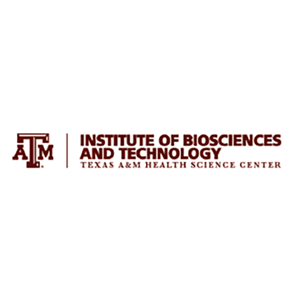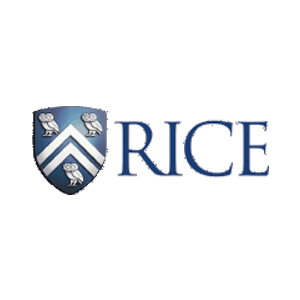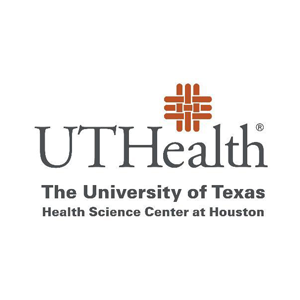Stem Cell Guidelines
-
FDA Warns About Stem Cell Therapies
Some patients may be vulnerable to stem cell treatments that are illegal and potentially harmful. -
JBMR Guidelines for Cell-Based Therapies
Much needed clarification and guidance on cell-based therapies for musculoskeletal disorders. -
Regulated, Reliable, and Reputable: Protect Patients with Uniform Standards for Stem Cell Treatments
The perspective is aimed at building consensus for the stem cell field to ensure proper conduct of clinical research and the regulation of the practice of medicine involving cell‐based treatments.
Newsfeed
-
University of Miami Researchers Enter Phase 3 of Stem Cell Clinical Trial in Treating COVID-19 Acute Respiratory Distress Syndrome
A University of Miami Miller School of Medicine research team has launched a Phase 3 multicenter clinical trial to evaluate the effectiveness of mesenchymal stem cells in treating COVID-19 patients with acute respiratory distress syndrome. Dr. Ricordi said the new clinical trial builds on the successful completion of a Phase 1/2a trial, launched in April 2020 by an international team of scientists to explore the safety and effectiveness of MSCs in blocking severe lung inflammation in COVID-19 patients. -
Stem Cell Agency Funds Three New Clinical Trials at Stanford
Today the governing Board of the California Institute for Regenerative Medicine (CIRM) awarded $30.98 million to Stanford University to fund three clinical trials. This brings the total number of CIRM-funded clinical trials to 75. -
Brain Organoids Mimic Head Size Changes Associated with Type of AutismVariations in the 16p11.2 region of the genome are associated with autism spectrum disorder. While people with genetic deletions in this region have larger heads (macrocephaly) and people with genetic duplications have smaller heads (microcephaly), both variation types affect brain development and function. To study the effects of these variations and search for ways to minimize their impact, University of California San Diego School of Medicine researchers are using brain organoids — tiny, 3D cellular models generated in the lab from people with 16p11.2 variations.
-
Researchers Use Stem Cells to Make Insulin-Producing Pancreatic Beta Cells
The human body can be genetically inclined to attack its own cells, destroying the beta cells in the pancreas that make insulin, which helps convert sugar into energy. Called Type 1 diabetes, this disorder can occur at any age and can be fatal if not carefully managed with insulin shots or an insulin pump to balance the body’s sugar levels. But there may be another, personalized option on the horizon, according to Xiaojun “Lance” Lian, associate professor of biomedical engineering and biology at Penn State. For the first time, Lian and his team converted human stem cells into beta cells capable of producing insulin using only small molecules in the laboratory, making the process more efficient and cost-effective.









